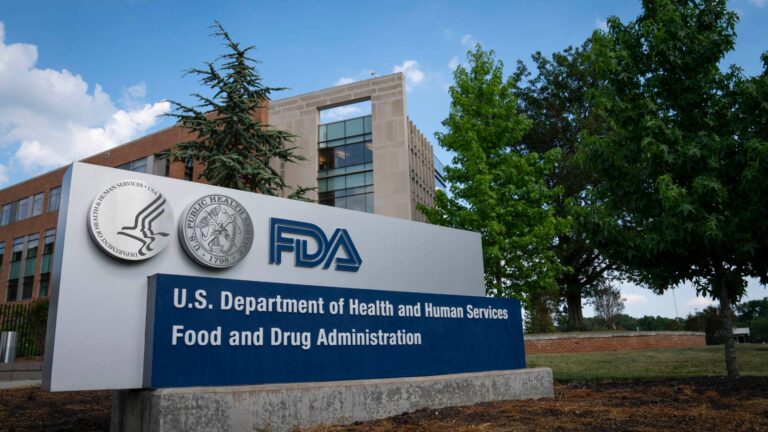March 4, 2013 – A recent study released by the National Bureau of Economic Research (NBER) states that although consumer-directed drug promotion increases utilization and thus overall drug costs, it also helps to educate consumers, induce physician contact and promote adherence.
“It’s refreshing to see a balanced study of DTC,” notes John Kamp, Executive Director of the Coalition for Healthcare Communication. “Safe and effective use of drugs is good for patients and, in the long run, can save money,” he said.
The February 2013 NBER study report discusses the role of promotion to both consumers and physicians and whether such promotion is persuasive and/or informational. The study presents empirical evidence that pharmaceutical promotion has both informative and persuasive elements; it states that physician advertising is “primarily persuasive in nature, effectively increasing selective brand demand.” However, “there is no strong indication that either consumer- or provider- directed promotion substantially raised retail-level prices,” according to the study.
Study author Dr. Dhaval Dave, associate professor of economics at Bentley University and research associate for the NBER, told the Coalition that there “may be several potential benefits associated with pharmaceutical advertising.” Specifically, he stated that “advertising directed at consumers can expand the total market for drug treatment by educating consumers with regard to treatment options for their symptoms, by facilitating contact between the patient and the physician,” and by reminding patients who already have prescribed medications to adhere to their drug therapy.
“Thus, in one sense, consumer ads can avert underuse and expand treatment to undertreated/under-diagnosed conditions,” according to Dave.
For the most part, he continued, physician-directed promotion “has been shown to mostly have brand-specific effects rather than expanding the total market for the therapeutic class. Though, at least in the beginning phases of a drug’s launch into the market, provider-directed promotion may have some informational content and may help to educate physicians regarding the availability of newer drug treatments, and their indications and contraindications.”
The study found that toward the later stages in the drug’s life cycle, provider-directed promotion tends online viagra no prescription to be more persuasive in nature, and aimed at providing samples and reminding physicians to continue prescribing the drug.
“These benefits also need to be balanced against some potential costs relating to possible overtreatment – prescribing the more expensive, advertised drug in lieu of more effective or less-costly unadvertised drugs, and potential misuse from expanding the market such that more marginal patients, who may be at greater risk of contraindications, are being
treated,” Dave asserted.
Read more about this study in Medical Marketing & Media: . To view study abstract, go to: http://www.nber.org/papers/w18830.canadianhealthcare



